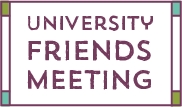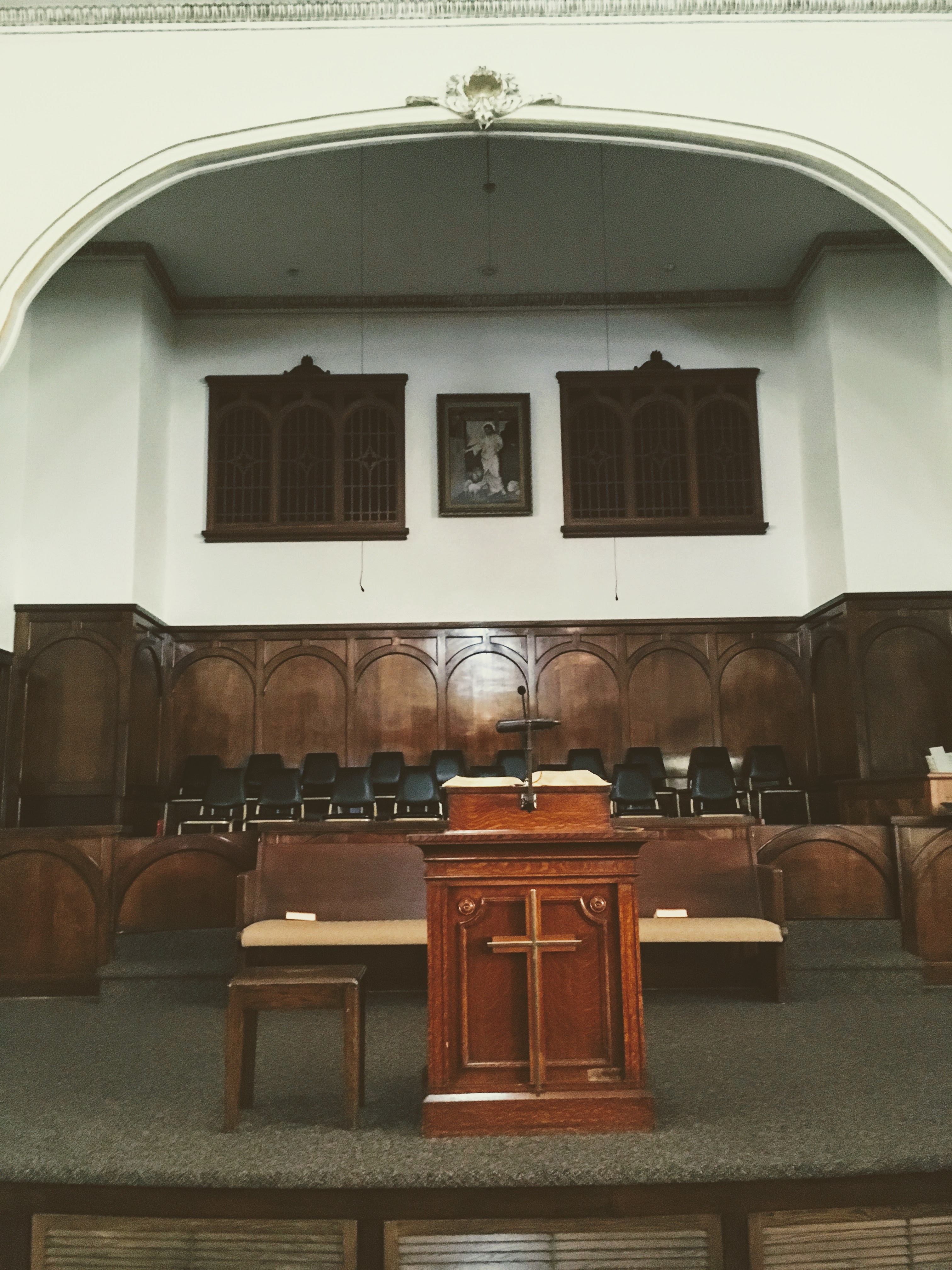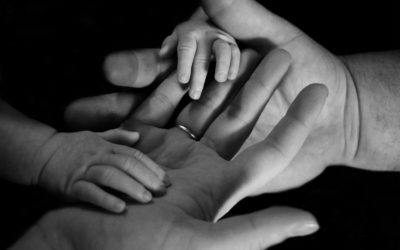July 5, 2020
- Message: Liberty and Justice for All
- Scripture: Ezekiel 16:49
- Music: Jocelyn Mallonee
- Flowers: Ken & Alison Jack
Good morning and welcome!
Thank you to Ken & Alison Jack for the flowers and Jocelyn Mallonee for the music.
- If you have announcement or prayer requests, please feel free to add them as comments on the Facebook page.
Announcements
- We are live streaming on Facebook and not gathering at the church for worship, at least through the end of July. The current increase in corona virus cases makes reopening right now seem less than wise.
- Please feel free to share our worship with your Facebook friends by posting a link on your page.
- Among church activities this week
- The 205 Sunday School class is meeting today at 3:00 p.m. via Zoom. Rhonda Newby leads these discussions.
- The Transition Team meets Thursday morning.
- The Christian Education Committee will meet at 3:30 p.m. on Saturday, July 11.
Prayer concerns
- Greg Newby had his second chemo-therapy treatment this week. He did catch a few fish, and Rhonda harvested an abundance of potatoes and onions from their garden yesterday.
- Dan Schuster’s test results were ‘mostly good,’ so he is continuing on his current medications and waiting for improvement.
- Gordon Smith has been hospitalized since Tuesday due to weight loss and dehydration, and he is being treated for pneumonia and a urinary tract infection. Plans are to transfer him to Wesley Rehab early this week.
- Our church during this time of transition amid a pandemic – may we find clarity and energy for the tasks at hand and the decisions we will need to make as we find our way forward. May we find ways to use our assets wisely and well. What will your role be in our transition?
Prayer
Message
I enjoy fireworks. Well, not the ones that were making loud noises when I was trying to go to sleep, but otherwise, I usually make a point of trying to see some fireworks over the Fourth of July holiday. For a bunch of years, that has meant watching “A Capitol Fourth” on public television because, well, because in the Midwest, the Fourth of July is usually hot and humid, often buggy, and I can watch amazing fireworks from the comfort of my own living room without dealing with traffic. 😊
When I was living nearer my sister Patty, though, she would scout around for a good fireworks display, and she and I would pack up my kids and head out. One year, maybe when she was living near Yakima in Central Washington, we drove out to a lake and watched the fireworks there. One year, we drove out near the airport in Portland, Oregon, and watched the fireworks over the mighty Columbia River. Another year, when my family was living in Idaho, we went up on Pickle Butte (not far from Greenleaf, Nampa, and Caldwell) and looked out over the valley to see fireworks from at least half a dozen towns.
My favorite year for fireworks, though, was when Patty and I decided to go watch them in downtown Portland. The Willamette River divides Portland into the east side and the west side, and “downtown” is on the west side, between the river and the 200-foot bluffs that Portlanders call the west hills. Waterfront Park stretches for quite a ways along the downtown side of the Willamette River, and we had heard of plans for a big fireworks show that people could watch from Waterfront Park. Plus, the symphony orchestra was going to be loaded onto a barge and, at the crucial time, play “The 1812 Overture” to accompany the fireworks.
As I remember it, Patty and I packed a picnic supper and headed out early enough to find parking and claim a spot on the grass. We spread out a blanket and enjoyed out supper. After a while, the sky got dark, and we lay down on the blanket. When the fireworks began, they were exploding pretty much directly above us, and we could feel the boom reverberating in our bodies. Music and fireworks. Oooh. Ah.
This year, I watched “A Capital Fourth” on public television. Unlike previous years, it was mostly prerecorded, with more music and less military. Also unlike previous years, it featured a segment on heroes of the pandemic, including one EMS person, and another segment that recognized African-American heroes from the past, such as the Tuskegee Airmen and Suzie King Taylor, the first African-American nurse in the Civil War.
This year isn’t like previous years. We have a pandemic and economic woes and a serious movement to call out our country’s injustices. The fireworks and the “1812 Overture” ought not distract us too long from these real issues. While some of us are calling for the freedom not to wear masks, others are calling for the freedom to live without fear for their lives. In light of that, to me, it doesn’t seem like the best time for an all-out celebration of the land of the free and the home of the brave.
One of my friends suggested this week that if we are Christian in this spring and summer of 2020 and don’t address racism, we are not worthy of the name Christian.
I find myself wondering, what would Jesus do? I do know that Jesus treated people as human beings, persons loved by God. That’s a good start.
What might the Bible have to say about racism?
First, we are dealing with individual racism. A story on public radio’s Morning Edition this week talked about it:
Individual or interpersonal racism is pretty easy to explain. It’s name-calling. It’s the white kid on the bus who doesn’t want to sit next to the Black kid. It happens with adults, too. ***
… there is a white person who doesn’t like people of color or a Klan member or someone, you know, who’s making their hatred and ignorance very obvious. https://www.npr.org/2020/07/01/885878564/what-systemic-racism-means-and-the-way-it-harms-communities
If we’re talking about racism as individuals thinking about black people, talking about indigenous people, or treating people of color as somehow less than fully human, the Bible gives us clear guidance.
Genesis 1 teaches us that all people are made in the image of God.
Then hear these words from Matthew’s collection of Jesus’s teachings in Matthew 5:21-22, The Message:
“You’re familiar with the command to the ancients, ‘Do not murder.’ I’m telling you that anyone who is so much as angry with a brother or sister is guilty of murder. Carelessly call a brother ‘idiot!’ and you just might find yourself hauled into court. Thoughtlessly yell ‘stupid!’ at a sister and you are on the brink of hellfire. The simple moral fact is that words kill.
Here, Matthew says it’s as wrong to speak hurtfully to people as it is to kill them. Really, it’s wrong to treat people badly. Period.
If we find ourselves having racist thoughts, ideas that some people are less than others, feelings that might justify unfair treatment of someone for whom Christ died, our job is to lift up those thoughts and feelings to the healing power of God’s light and love. Don’t bury such ideas. Don’t let racism take root.
You may say, as many do, I’m not racist. I will say with some conviction that it’s nigh onto impossible to grow up in the United States of America and not be shaped by racism. That’s just reality. When we recognize racism within ourselves, that’s something we can acknowledge and work on.
That’s individual or interpersonal racism.
But much of the talk these days is also about systemic racism.
In that same story on Morning Edition this week, the host was interviewing Ijeoma [Eejoma] Oluo, author of a book called So You Want to Talk About Race.
Oluo had this to say about systemic racism:
… what’s actually been impacting our lives are systems that rely on subtle and not so subtle biases against people of color to disempower us and put us at risk. And so we’ve been fighting for job opportunities, for safety from violence, for equal education, for freedom from medical racism. And that is upheld not by how you love or don’t love people of color but by how you participate with our systems.
Jobs, safety, education, access to health care – systemic racism is about these things.
What might the Bible say about that? More than might at first appear.
When I was a young woman, I read the Bible all the way through for the first time. Actually, that was the only time I simply read the whole thing through from beginning to end. I had a new copy of The Living Bible, which had a section that laid out the contents in chronological order, and I set out to use that as a guide.
One of the things I noticed along that journey was a repeated refrain of concern for widows, orphans, and strangers.
Today, we might think of widows, orphans, and strangers as single parents, children in need, and immigrants. Widows, orphans, and strangers would have been people without land, people who wouldn’t have had a viable place in the economic system of the day.
Here are some examples (NRSV) of that refrain of concern:
- Exodus 22:21ff
21 You shall not wrong or oppress a resident alien, for you were aliens in the land of Egypt. 22 You shall not abuse any widow or orphan. 23 If you do abuse them, when they cry out to me, I will surely heed their cry….
Note that an alien here is not ET. It’s talking about immigrants.
- Leviticus 23:22
22 When you reap the harvest of your land, you shall not reap to the very edges of your field, or gather the gleanings of your harvest; you shall leave them for the poor and for the alien: I am the Lord your God.
- Deuteronomy 10:17-18
17 … the Lord your God is God of gods and Lord of lords, the great God, mighty and awesome, who is not partial and takes no bribe, 18 who executes justice for the orphan and the widow, and who loves the strangers, providing them food and clothing.
- Isaiah 1:16-17
Wash yourselves; make yourselves clean;
remove the evil of your doings
from before my eyes;
cease to do evil,
17 learn to do good;
seek justice,
rescue the oppressed,
defend the orphan,
plead for the widow.
- Jeremiah 22:3
3 Thus says the Lord: Act with justice and righteousness, and deliver from the hand of the oppressor anyone who has been robbed. And do no wrong or violence to the alien, the orphan, and the widow, or shed innocent blood in this place.
- Ezekiel 16:49, in a section that considers abominations
When we Christians think about abominations before God, sexual sins often feature at the top of the list. But Ezekiel points to something else.
49 This was the guilt of your sister Sodom: she and her daughters had pride, excess of food, and prosperous ease, but did not aid the poor and needy.
That’s just a sample. Over and over, scriptures speak of God’s concern for widows, orphans and strangers.
The Catholic tradition has seen this theme in the Bible and developed an idea that’s called the preferential option for the poor.
Here’s what Wikipedia says about that idea:
The “preferential option for the poor” refers to a trend, throughout the Bible, of preference being given to the well-being of the poor and powerless of society in the teachings and commands of God as well as the prophets and other righteous people. Jesus taught that on the Day of Judgment, God will ask what each person did to help the poor and needy: “Amen, I say to you, whatever you did for one of these least brothers of mine, you did for me.”[3] This is reflected in Catholic canon law, which states, “[The Christian Faithful] are also obliged to promote social justice and, mindful of the precept of the Lord, to assist the poor from their own resources.”[4]
According to said doctrine, through one’s words, prayers and deeds one must show solidarity with, and compassion for, the poor. Therefore, when instituting public policy one must always keep the “preferential option for the poor” at the forefront of one’s mind. Accordingly, this doctrine implies that the moral test of any society is “how it treats its most vulnerable members. The poor have the most urgent moral claim on the conscience of the nation. We are called to look at public policy decisions in terms of how they affect the poor” (https://en.wikipedia.org/wiki/Option_for_the_poor#:~:text=The%20%22preferential%20option%20for%20the,prophets%20and%20other%20righteous%20people.)
Social justice is biblical. Social justice is Christian. Participating in a system that perpetuates injustice is a problem, a sin, an abomination.
From that perspective, in order to tell how a society is doing, look at the bottom. On that measure, how is the US of A doing?
Sometimes we think of Quakers as exempt from worrying about injustice. I mean, we’ve got a pretty good track record on equality, don’t we?
But listen to this, posted on Facebook a couple of weeks ago by Quaker pastor Nate Macy and shared with me by Randy Mullikin. Nate says,
I heard this language is used by my Alma Mater to describe the early founders of George Fox University: “Founded in 1891 by Quaker pioneers who fought to end slavery, promote equality and restore peace and justice in our world…” There was a time that I believed this to be true as well. I appreciate my Quaker heritage But, in this case, it’s simply untrue.
The Quaker pioneers who came to the Willamette Valley in the late 19th century literally stole land from Indigenous Peoples and called it the Garden of the Lord, presuming that it was God’s gift to them.
HJ Minthorn, still celebrated at Fox with a building named after him and a memorial display came to Fox directly after serving as superintendent at the Forest Grove Indian School, which later became Chemawa. This school was an extension of the US War department, with the specific goal of destroying native culture. To claim that George Fox University and those who founded it were about promoting equality, and restoring peace and justice is unequivocally false. It’s a claim that ignores the truth.
It’s this kind of false narrative that perpetuates injustice, it’s this kind of narrative that refuses to take responsibility or a posture of humility and continues to divide us and dehumanize people of color. The very least we can do is tell the truth about our history and take responsibility for the ways we have failed. We must stop using this false narrative to justify the continued silencing, censuring, and dehumanizing of marginalized and minority voices. (https://www.facebook.com/thenatemacy)
Quakers have often failed at working for justice. Christians haven’t always lived up to the teachings of the tradition. The United States hasn’t always done a good job at liberty and justice for all either.
Systemic racism, against black people, indigenous people, people of color, has been a part of this country since the beginning. Systemic racism persists.
So, what do we do about it?
In Nate Macy’s words, “The very least we can do is tell the truth about our history and take responsibility for the ways we have failed.”
Here’s some truth about U.S. history. We have perpetrated grievous wrongs, against Chinese people, Japanese people during WWII, Native Americans, Hispanic people, African Americans.
Acknowledging the truth is the very least we can do.
What else can we do?
I am going to borrow another bit from the Catholic tradition.
“If you want peace, work for justice.” This was the simple but profound declaration of Pope Paul VI in his message for the Celebration of the Day of Peace in 1972. … In our [Catholic] tradition, justice begins with the recognition that there is one God who created every person in God’s own image and likeness. Every person, therefore, has an inherent dignity that no individual, no government, no social or economic system may compromise or deny. Justice, therefore, requires that we honor, respect and protect the dignity of all human beings. To respect, honor and protect the dignity of all human beings requires that we work to eliminate all those things that threaten the dignity of human persons. … This means that we work to ensure that all persons have access to what is necessary to live in dignity -affordable housing that is in good condition, access to health care, sufficient food, employment, just salaries, secure communities, opportunity for rest, and opportunity for a secure retirement. (https://olmcsi.org/news/if-you-want-peace-work-for-justice)
If you want peace, work for justice.
What do we do when we become aware of individual or interpersonal racism? Hold it up to God. As 1 John 1:9 says,
9 If we confess our sins, [God] who is faithful and just will forgive us our sins and cleanse us from all unrighteousness.
What do we do when we become aware of systemic racism? Tell the truth about our history, and work to ensure that all persons have access to what is necessary to live in dignity.
We are meeting in person and also streaming our sermons on Facebook at 10:00 AM CST. Watch live:
https://www.facebook.com/universityfriendschurch/
Not on Facebook? You can see all of our posts and videos on our site here!



